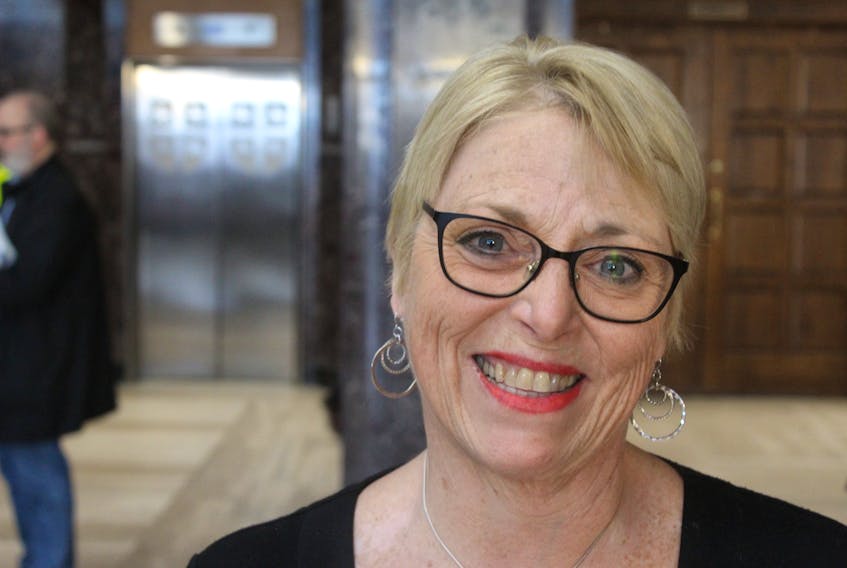ST. JOHN'S, N.L. — As COVID-19 restrictions continue to be lifted in Newfoundland and Labrador, the legal rights of individuals, workers and employers in the event of a second wave is being noted.
Currently, Newfoundland and Labrador has no active cases of COVID-19. As businesses reopen and some sort of normalcy returns, the legal protections for consumers, workers and business owners are a concern.
For customers, the question is negligence. If they feel a business has not met public safety guidelines and they get sick as a result, there may be grounds for a lawsuit.
Related
- Push for Atlantic bubble emphasizes safe travel, tourist incentives
- Looking at the potential trade-offs for Newfoundland in an Atlantic region travel bubble
John Drover, a lawyer with Roebothan McKay Marshall, says a person could file a lawsuit against any business they feel has not done enough to prevent an outbreak of COVID-19.
“That would be a question of negligence, I think, as far as law goes,” said Drover.

“It requires that there be a duty of care, so there’s some sort of relationship between the plaintiff and the defendant where the defendant has a duty of care to protect that person and prevent harm from coming to them. That would certainly apply at a restaurant, for example.”
Drover is working on a case challenging Newfoundland and Labrador’s travel restrictions introduced as a result of the COVID-19 pandemic.
“The first step is to show there’s a duty of care, the second is to determine what the standard of care is. So what the defendant is supposed to do, what would a reasonable person do,” said Drover.
Drover says he’s not aware of any such cases appearing in the province to date as a result of the initial wave of COVID-19.
For employees, there would be no legal recourse against their employer
Mary Shortall, president of the Newfoundland and Labrador Federation of Labour, says workers have a legal right to refuse unsafe work, but otherwise any infection acquired in a workplace would be covered by workers compensation.
“Part of what the historic compromise was in the worker’s compensation system over 100 years ago was that workers cannot sue their employers. It’s a no-fault system. There’s lots of issues with workers compensation over the years, but it is what it is,” said Shortall.

“If you get sick at work, then you can’t sue your employer and you file for workers compensation. There’s no fault to the system. What we asked for is to ensure that if workers’ claims are denied, then they have to go through an appeal process. We have been asking about that and likewise in most provinces they’ve been asking their respective governments to make that presumption so that people are presumed if they contract COVID-19 directly or non-directly because of their workplace.”
For businesses, the main concern is meeting public health guidelines and preventing any spread of the disease in the event of a second wave.
Luc Erjavec, vice-president Atlantic Canada with Restaurants Canada, says business owners, particularly those in the restaurant industry, may have a challenge ahead in having insurance companies cover the interruption in business as a result of the COVID-19 pandemic.
“Insurance has been an issue with this issue of the COVID since day one. I think I’d flip it on its head: most business operators had assumed that your business interruption insurance would come into play and a typical insurance company might say they cover everything but that,” said Erjavic.
“There’s not a lot of insurance companies that are willing to pay for business interruption, even though it’s something you’ve purchased in good faith. They’ve found a way to sneak around it. I think insurance companies owe businesses money. We keep paying insurance liability rates through this crisis, and we’ve been closed. What risk was there of someone falling in your building when you’re closed?”
Twitter: @DavidMaherNL









